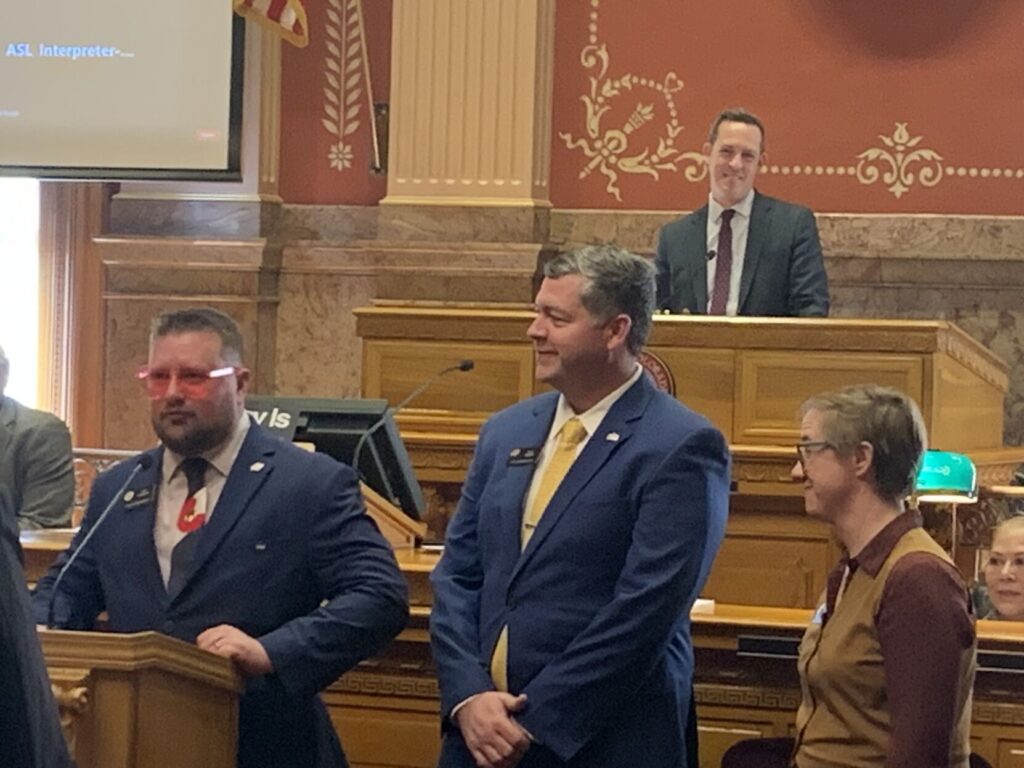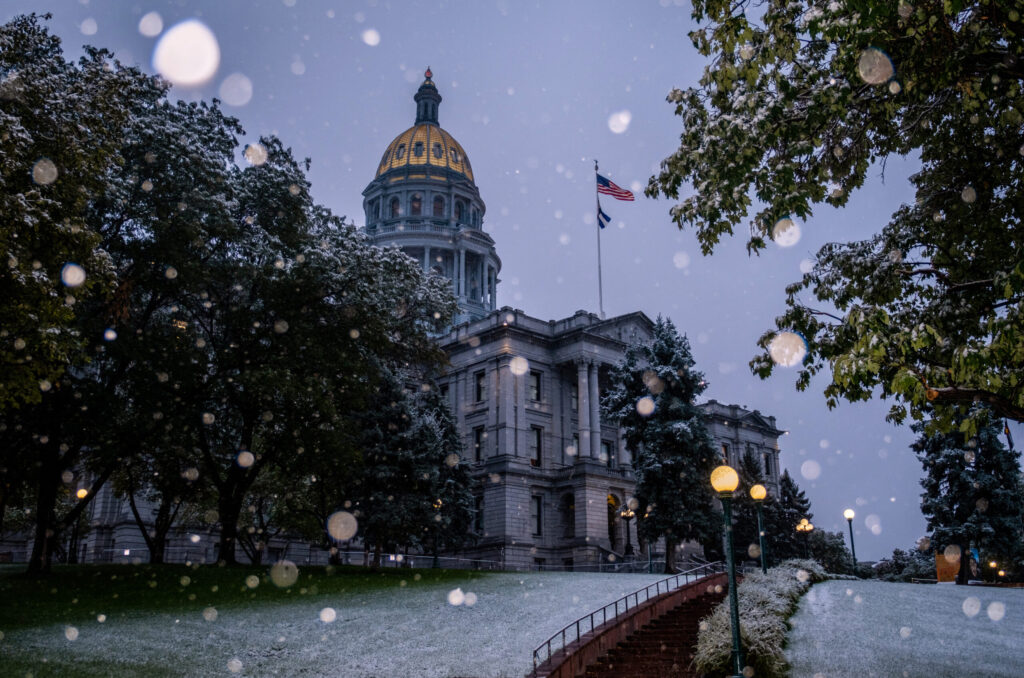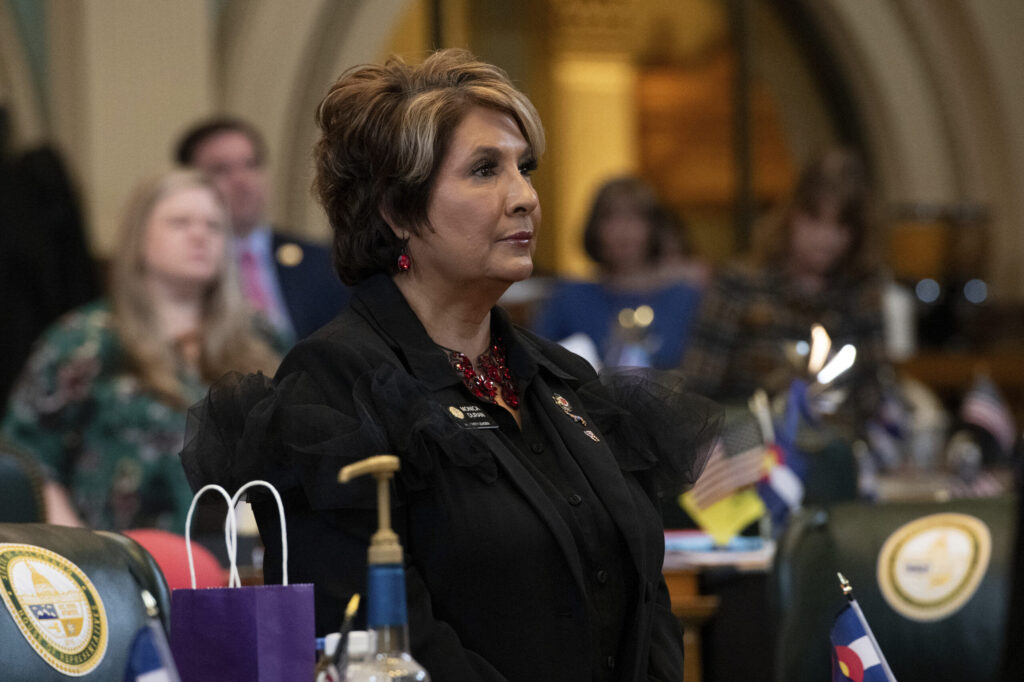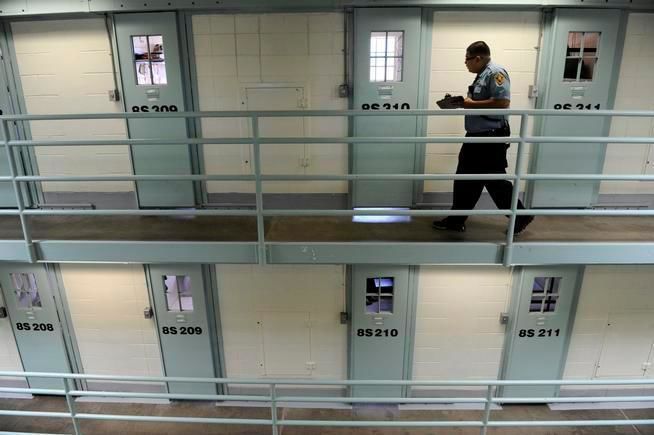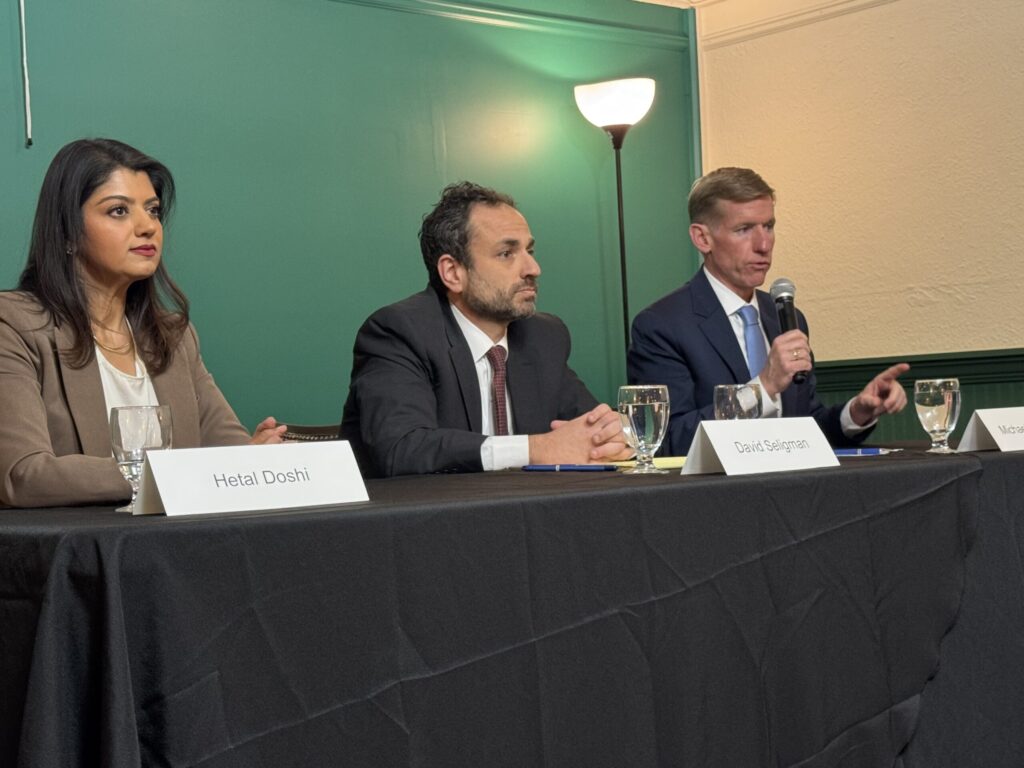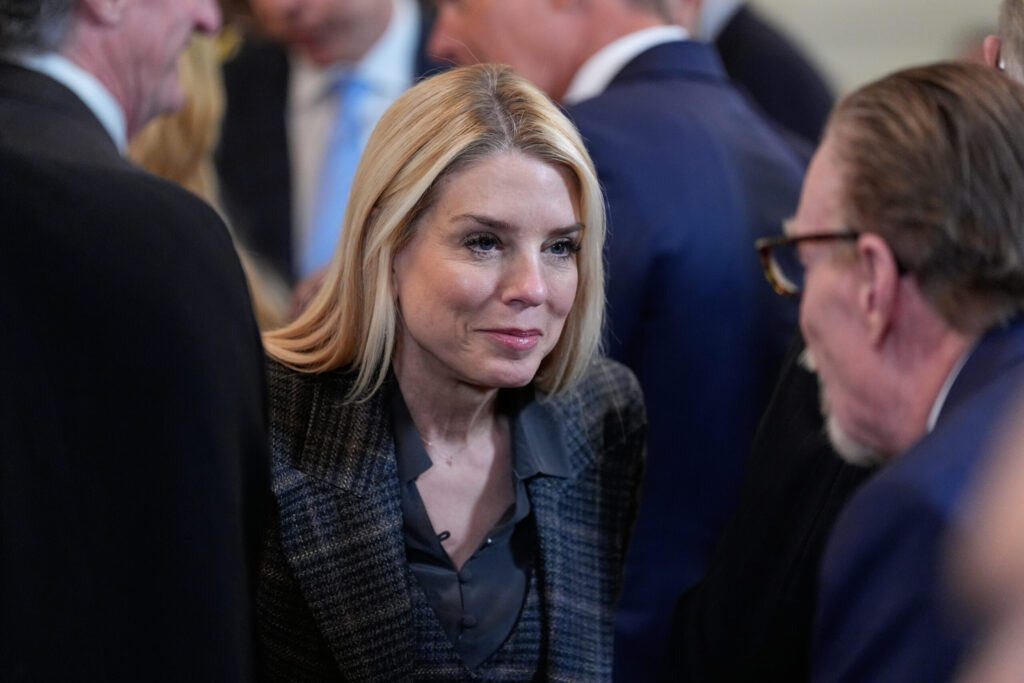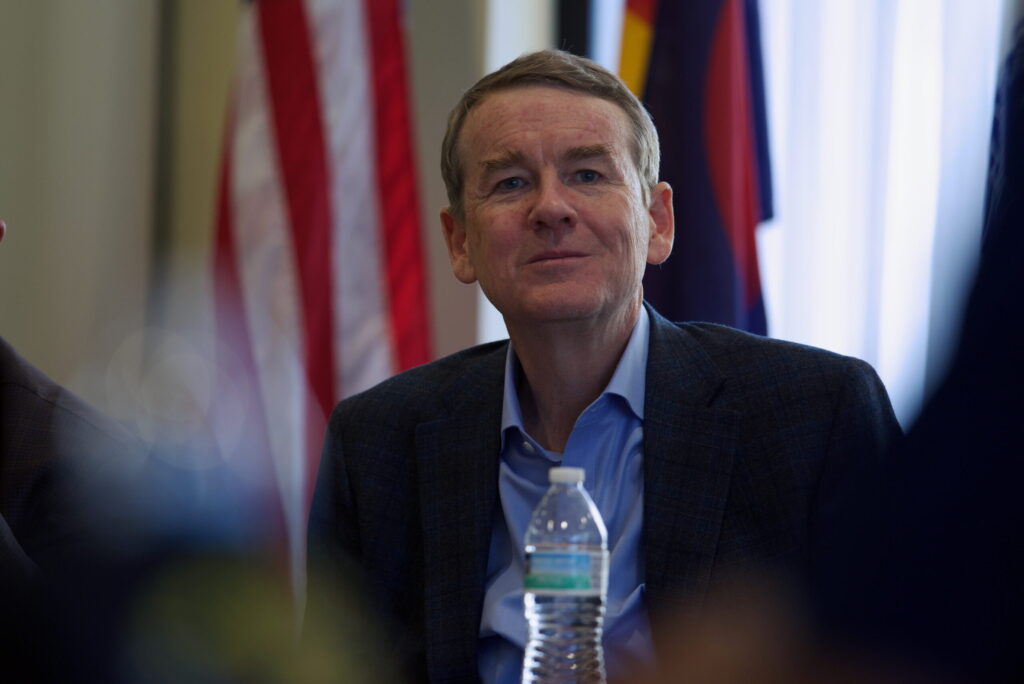Aurora mayor proposes ‘tough love’ approach to homelessness: Camping ban on I-225, specialized court
Aurora Mayor Mike Coffman wants an outright ban on camping along the I-225 corridor and create a court specifically to address homeless cases, an approach he called “tough love.”
The approach includes two new proposals from Coffman, Councilmember Steve Sundberg and Councilmember Curtis Gardner, which will be heard in the next council study session on April 22.
The first of the two proposals would “put the entire I-225 corridor under a new trespass ordinance, where they will be ticketed and given a date to appear in court,” Coffman said.
Currently, people camping along the interstate are given a 72-hour notice to move and, if they do so, they are not penalized, even if they set up tents in another unauthorized location.
The new proposals takes away the 72-hour notice and hands out tickets to individuals, making them subject to arrest if they don’t appear for their court date, Coffman said.
While the proposal only covers the I-225 corridor, it is written in such a way that the corridor can be expanded to other “problem areas” without needing to go back to the council for a vote.
The second of the two proposals from Coffman would create a new specialized court to deal with low-level offenses by homeless people, such as violating the trespass ordinance, illegal drug possession or retail theft.
The idea behind the court, which Coffman called the Housing, Employment, Addiction, Recovery and Teamwork or H.E.A.R.T Court is to give offenders the option to either go on probation with court-ordered requirements to participate in homeless services, such as addition prevention and mental health treatment, or go to jail.
Participants would have priority access to shelter with services in the city’s pallet home communities, Coffman said, adding that, if they successfully completed the court-ordered requirements, their charges would be dropped.
Coffman said oftentimes when the city’s outreach teams offer services and resources to homeless people, the latter refuse the services.
“The goal of the two proposals is to make it untenable for our unsheltered homeless to stay on the streets and, at the same time, make the necessary resources available to help them via the new court,” he wrote in the Facebook post.



